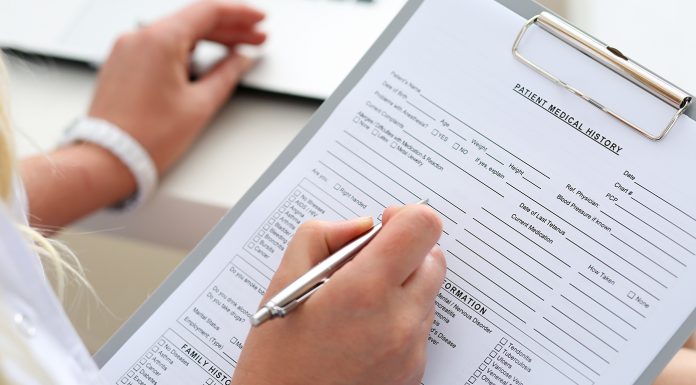The Waikato District Board introduced a ‘vaccinate or mask’ policy in 2015 for all health workers delivering patient care during the flu season, which saw the suspension that winter of two unvaccinated nurses who declined to wear masks. But last year the low influenza rates meant a flu season was never declared.
Sue Hayward, director of nursing and midwifery at Waikato DHB, said she expected for some nurses the mask policy “might be an awkward situation however we are there to support them, this is not about blaming”.
“This is about having a choice. So the choice is of course (influenza) vaccination but if you feel unable to do that then please feel free and you will be expected to wear a mask during the declared flu season when clinically involved with patients.”
Hayward said the policy also extended to unvaccinated hospital visitors who would be expected to gel their hands and wear a mask while they are visiting vulnerable patients – particularly the immunosuppressed.
The DHB is making masks available at the door of each of the Waikato Hospital campus ward, at the entrances to Waikato, Thames, Te Kuiti, Taumarunui and Tokoroa hospitals plus the DHB’s continuing care facilities in Morrinsville and Te Awamutu.
The season was declared in Waikato by the DHB’s medical officer of health Dr Felicity Dumble who reported a significant increase in the number of people with influenza-like illnesses and respiratory infections being treated in general practices and hospitals.
Flu vaccination rates amongst Waikato DHB nurses rose from 52 per cent in 2014 to 81% in 2015 and 80 per cent last year. A similar rate to Tairawhiti and Auckland District Health Boards – which don’t have a mandatory mask policy – and Northland DHB which does have a mask policy.
The current seasonal vaccination rate of nurses at Waikato sits at nearly 71%, doctors at 65.5% and midwives at 48%.
Hayward said the board still had influenza vaccines available and its ward-based vaccinators would be available as well as its health and safety team to vaccinate staff.
She said the mask policy was monitored by health workers peers and charge nurses and charge midwives for the nursing and midwifery professions. If staff were unable to wear a mask for reasons, such as an allergy to the material the mask was made of, then the board would address that individually.
Flu Season Update
The latest national surveillance report showed a steep increase in the influenza like illness (ILI) rate in the past two weeks.
The increase in late June shows this year’s flu season is tracking to be a return to the average flu season pattern after a particularly low incidence of ILI and influenza last year.
In the week ending June 25 179 patients presented with ILI at the general practices monitored by the ESR surveillance team across the country. Of the 120 who were tested for influenza, 67 were positive for influenza viruses.
The report also notes that 157 of the nearly 3000 acute admissions at the Auckland and Counties-Manukau hospitals in the same week had acute respiratory illness with 94 of those severe acute respiratory illness (SARI). Of the 55 tested SARI cases 25 were positive for influenza viruses. Three SARI cases were admitted to ICU and there was one SARI-related death reported.
The latest ILI surveillance reports can be viewed at ESR’s Public Health Surveillance site here.






















